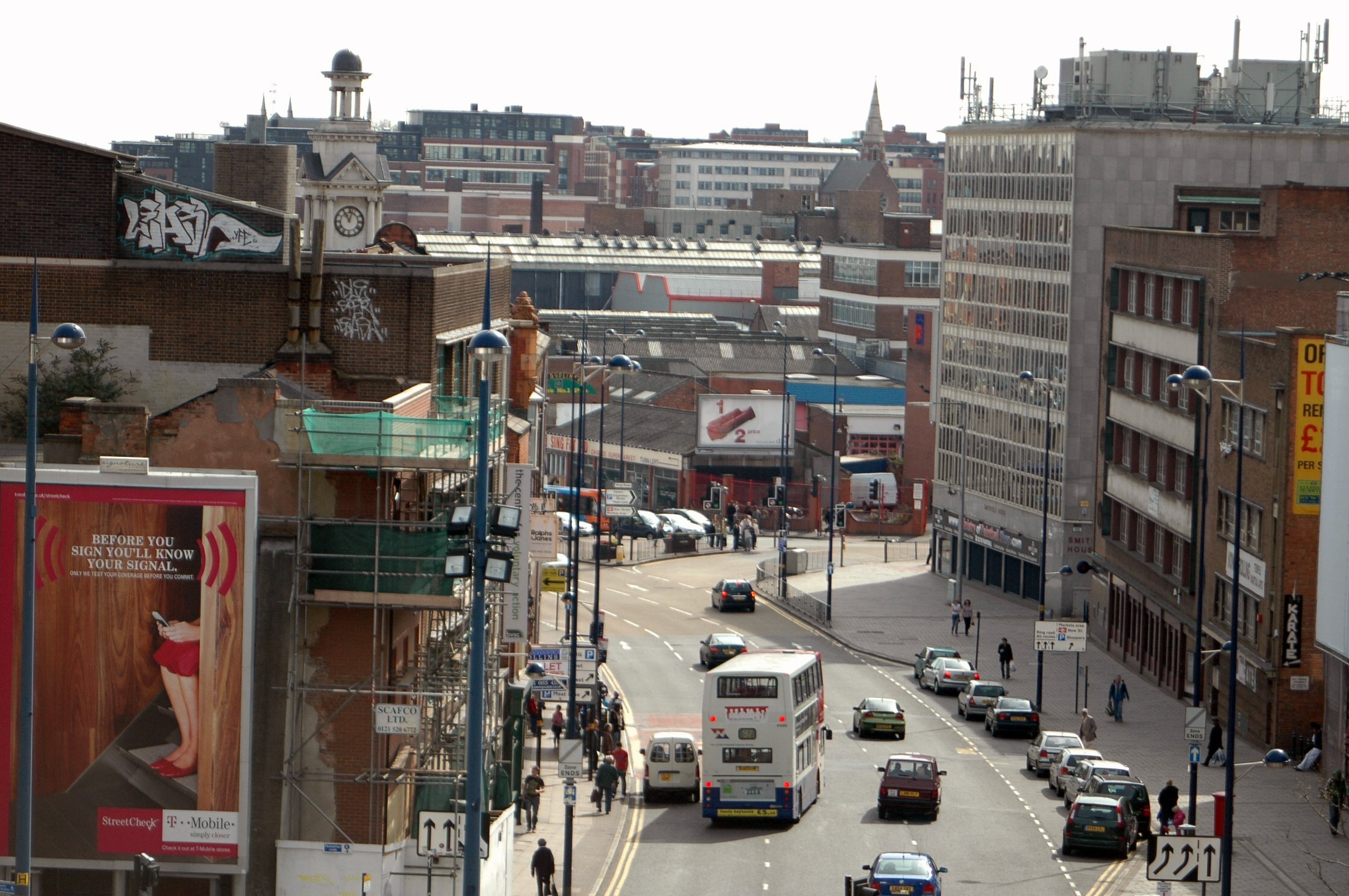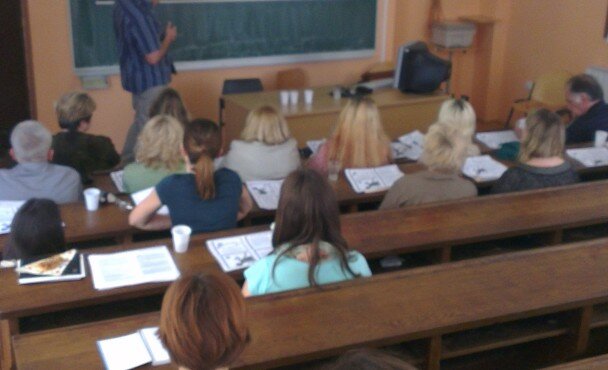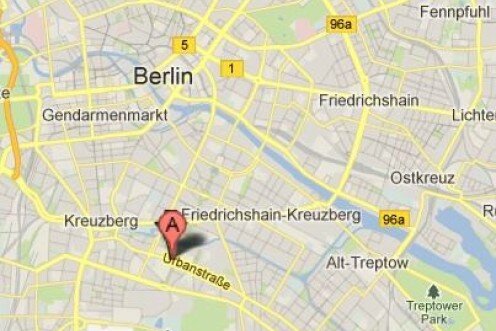
The Polish WILCO team organized 3 meetings in Warsaw in 2013, each one bringing together academics, representatives of Warsaw public administration, NGOs and beneficiaries of services. WILCO findings were presented by students of sociology.
A total of 20 events were organized by consortium members with a view on creating a discussion forum about innovation in welfare services at the local and European levels. Various representatives from the various stakeholder groups participated actively in these events opening the door for participation in policy-making on the various areas covered by the project.
Brief descriptions and summaries of these events are available below.

The Polish WILCO team organized 3 meetings in Warsaw in 2013, each one bringing together academics, representatives of Warsaw public administration, NGOs and beneficiaries of services. WILCO findings were presented by students of sociology.

Fifteen participants representing the municipal administration and political institutions, civil society and the media discussed the future orientations of the local welfare state in Geneva.

On the 6th of November 2013, the Swiss WILCO team invited local representatives of Bern administration, political institutions and civil society for a return of results.

A large number of people representing different organizations and the academic world attended this WILCO grassroots event in Warsaw.

Twelve elected District Councillors attended this event, discussing the findings of the WILCO UK research team on social innovation in welfare services in Dover.

The Birmingham grassroots event resulted in great interest for linking WILCO research findings to local platforms like the Birmingham Social Inclusion Process.

Discussion topics included how to increase the participation of socially vulnerable people and how to balance the requirements of professional organisations and the expectations of active citizens.

The event was titled “The City between Vulnerability and Innovation” and addressed policy-makers, scholars, civil society activists and interested members of the public.

This event featured two WILCO seminars with around 60 participants, representing public and private sectors, civil society, and universities.

The seminar reflected on the challenges of social innovation and addressed how to learn about the innovative projects in other cities Europe.

This event offered an opportunity to check the relevance of the WILCO approach with other researchers, who showed great interest in the project.

About 20 participants, mostly experts and researchers, listened to four presentations about WILCO before embarking on a lively discussion

This event introduced different types of innovations in Münster, as a result of WILCO project research findings.

The theme of the Festival was ‘Social Innovation’. How can the government facilitate social innovation?

Six social innovations in the fields of child care, urban development and work integration were commented by “outside observers”, stimulating discussion.

The goal of this WILCO Stakeholders’ Meeting was to offer analysis of social innovation in Barcelona and Pamplona.

Sweden was the first country to host a WILCO National Grassroots’ Event. It focused on getting the maximum amount of feedback from all participants about the relevance of WILCO